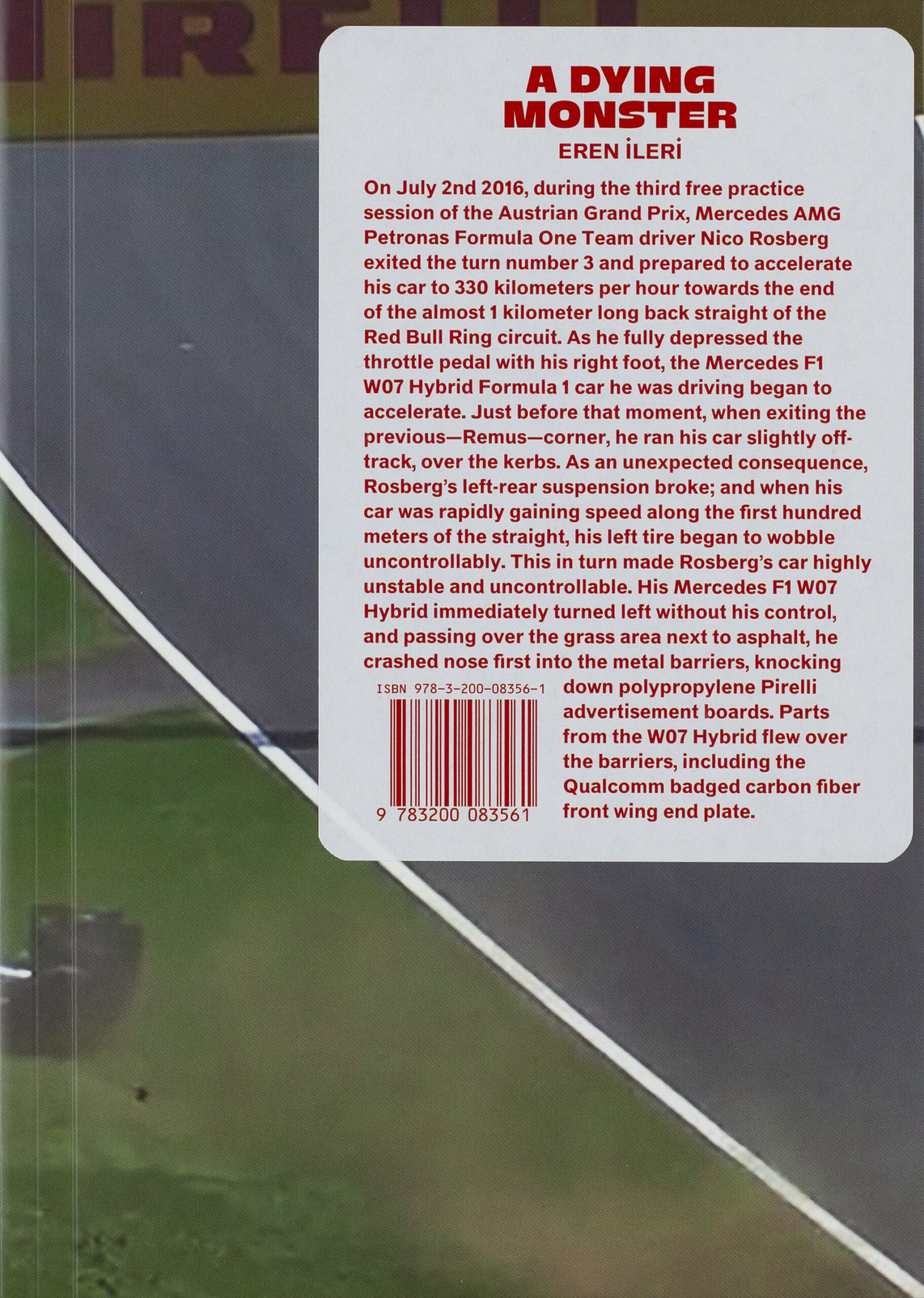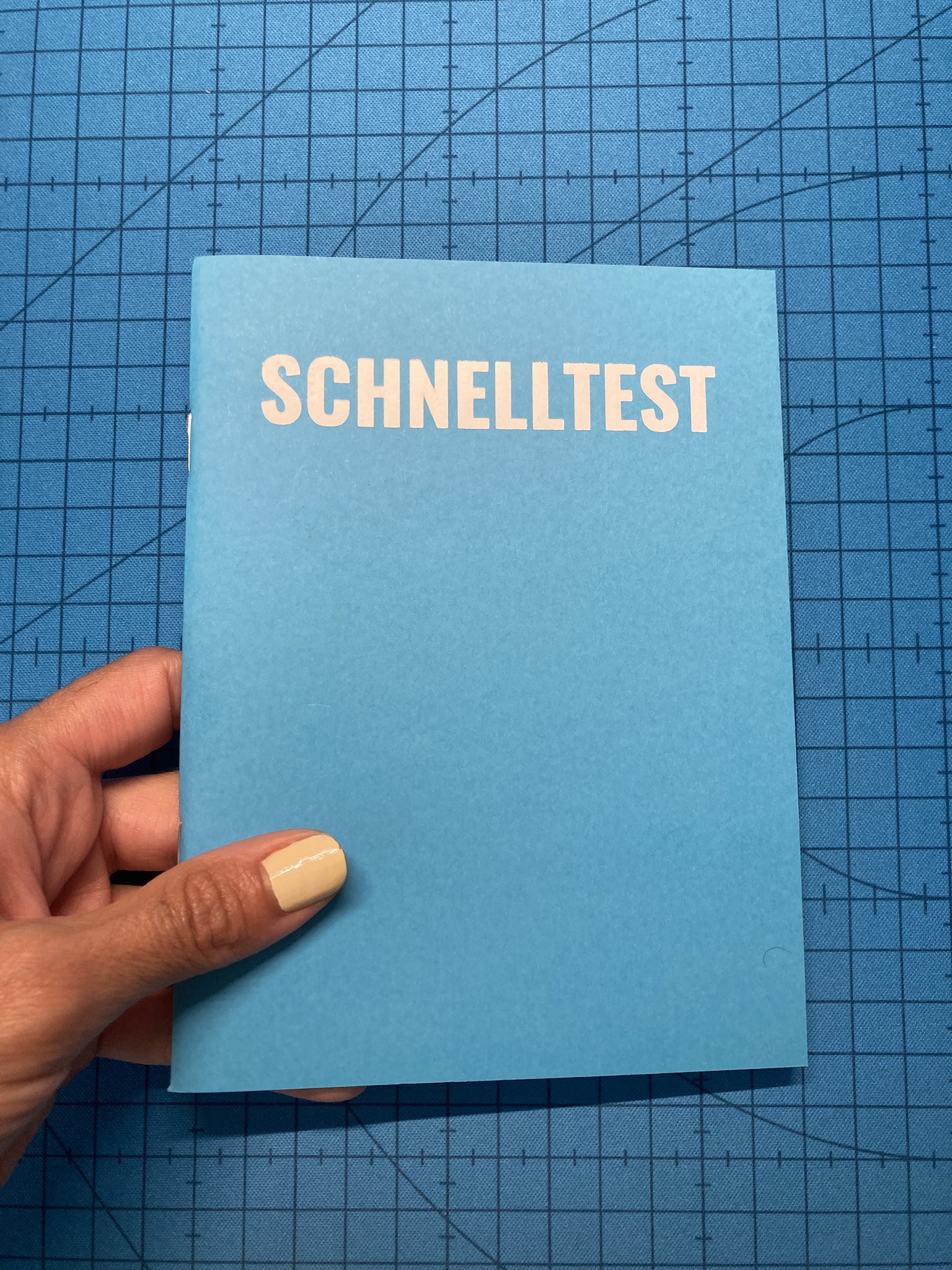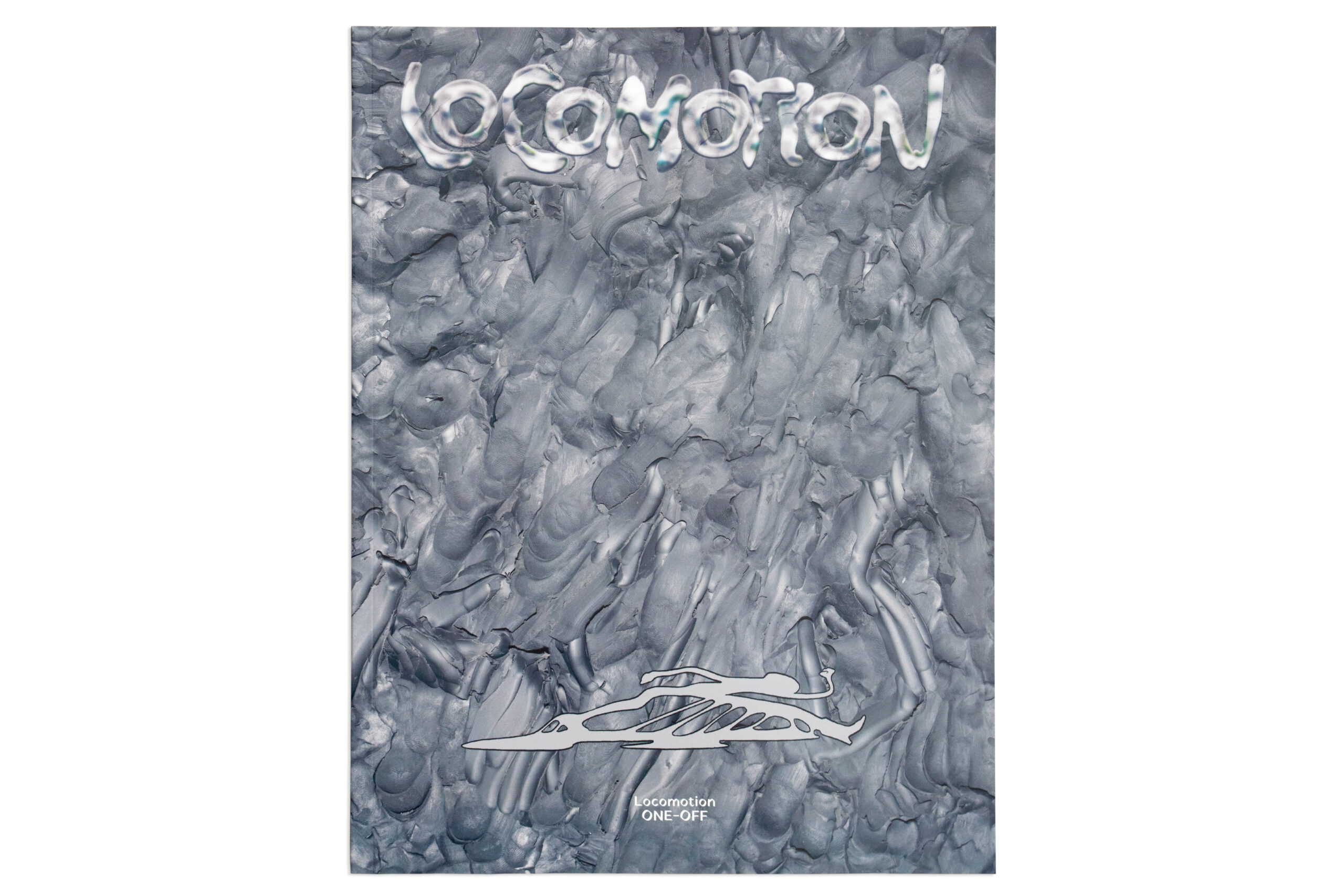Well Gedacht Publishing

A Dying Monster is a photographic collection of corporate logos; plastered on people’s bodies, machines, and surroundings.
In A Dying Monster, Eren Ileri treats Formula 1 motor racing as a defining marker of extraction capitalism accelerating toward its own decline. In this mainly black-and-white photographic documentation representing a particular time frame of motor racing of the last decade, Eren paints a picture of Formula 1 that captures the racing spectacle’s contemporary character: drivers, as mere operators at the steering wheel, executing high-performance tasks with an extreme level of preciseness but with increasingly less variety of personal driving styles; and their technological counterparts as extensions of human bodies, aided by corporate organizations populated by engineers and alike, and driven by complex data analyses.

Covid testing policies in different countries vary extensively, from the public not having access to basic rapid testing to comparatively more social examples where people are able to have free PCR testing on a regular basis. Germany's testing policy lies somewhere in-between, which in typical fashion of a failing welfare state aims to bring a social service to its citizens not through direct intervention, but by supposedly creating a second, outsourced economy. Instead of providing free at home testing or free PCR tests at subsidized labs, the German government decided to create an incentivized funding scheme for small businesses to convert their storefronts into Schnelltest (rapid test) centers. In doing so, the government also resigns from its responsibility of supporting small businesses in recovering their losses due to Covid lockdowns.
The previous function of these small shops and restaurants are still visible under the layer of Covid test banners, where you see advertisements for a kebab sandwich, bakery products, Spätis (Berlin's open till late shops) or solarium services. In addition to these converted spaces, entrepreneurs started new businesses by creating testing sites with minibuses parked on the street or simply built tents. Moreover, the Schnelltest centers undertake secondary roles that the government again outsources to them, like accommodating easy accessibility to various demographics of the city through providing translation and other services along the way.

Locomotion is a one-off travel zine with contributions from art-related actors, engaging with modes and troubles of travel. Featuring contributions by Samar al Summary, Fully Funded Residencies, Burak Taşdizen, Azar Pajuhandeh, Ipek Burçak, Ada Karayel and Eren Ileri. It is a wandering around (im)mobilities of non-humans, artist residencies as a way of survival, road and driving memories, heatwaves and meltings, and commercial space travel.
Locomotion is designed by Ada Karayel, and co-faciliated by Eren Ileri. Illustrations are made by Goodnewsforbadguys.


